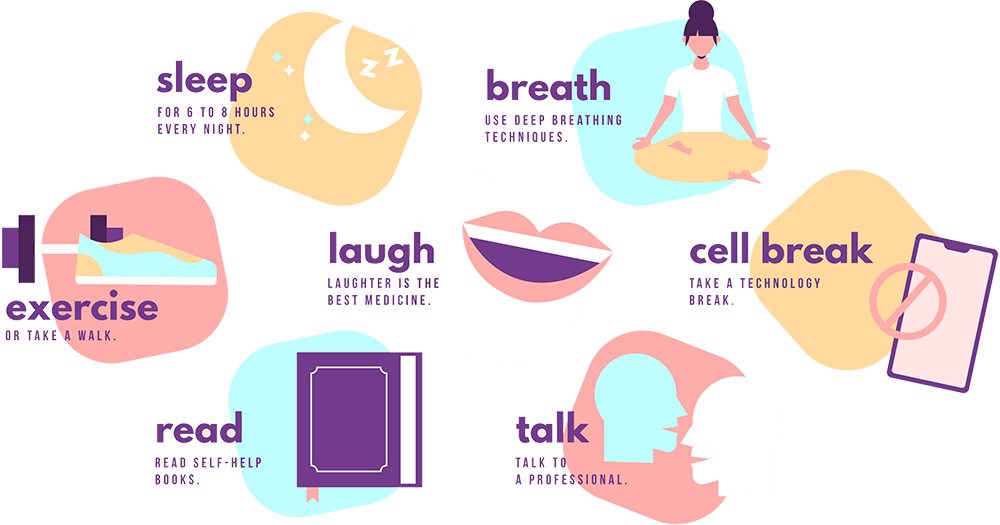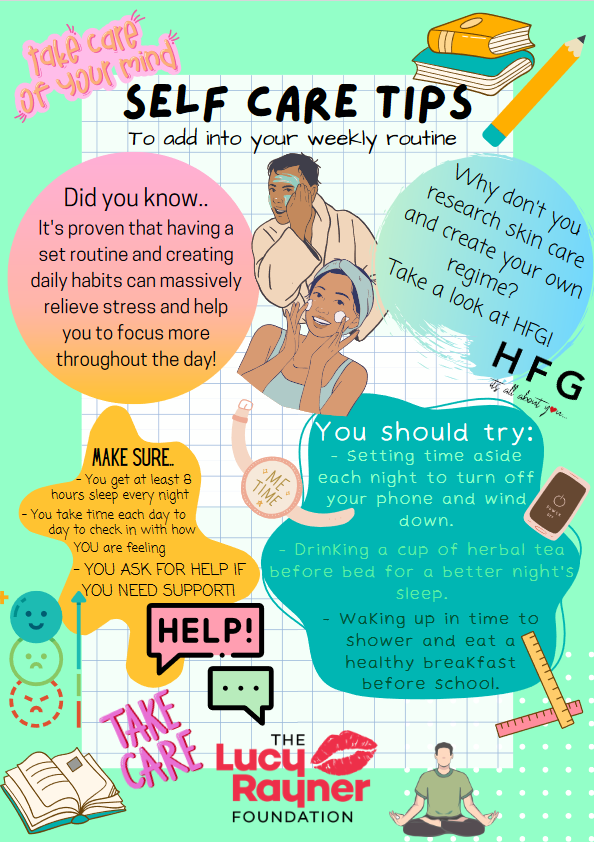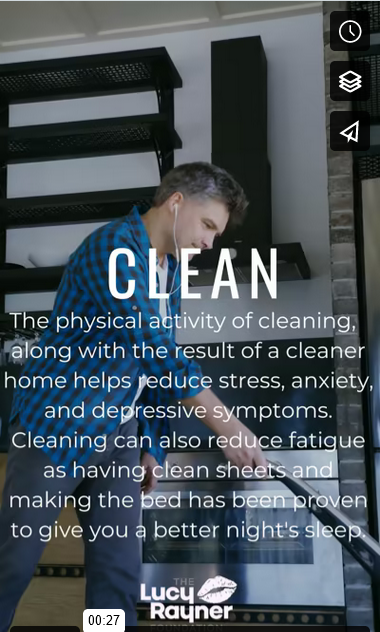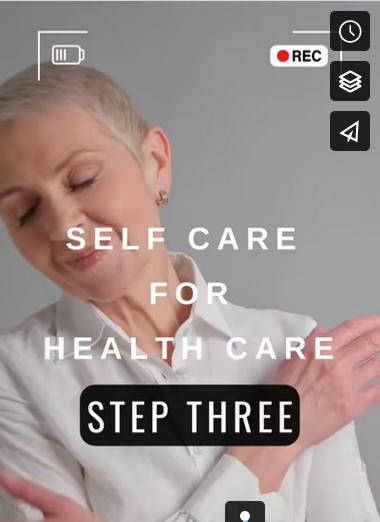
Self Care Tips in Surrey
You might have often heard the expression ‘self-care’ but what does it actually mean? And why is it so important? Self-care is anything you do that helps foster physical, mental and emotional health and wellbeing. From eating healthy, nutritious food to maintaining a regular sleep pattern, your habits, activities and daily routine have an enormous impact on your quality of life.
The wonderful thing about self-care is that it can be found in some of life’s most simple pleasures, like savouring a bowl of soup on a cold day or playing with your pet. You do not need to pay for an expensive gym membership or book an exotic holiday to incorporate self-care into your routine, it’s about living presently and finding joy in small moments.
Self-Help Tips to Improve Your Life
It’s important to remember that self-care is not the same as being selfish or self-indulgent, it’s about being proactive and improving your overall health and happiness. Studies show that people who regularly practice self-care have higher levels of emotional resilience, cope better with stress and even live longer!
The best way to form new health-boosting habits is to start small. Go for a daily walk in the park or set aside time each night to write in a diary. You can practice self-care around your current routine and involve your family and friends if you want to.
How to implement self-care into your routine
You are never too young to practice self-care. Below, we have outlined some self-care techniques for teenagers and young adults to start developing healthy habits:
- Get plenty of sleep - Ideally, you want to aim for around 8 hours sleep, which means going to bed at the same time every night and getting up at the same time every morning. Resist the urge to scroll on your phone as the light that emits from your screen makes it much more difficult to drift off. When you get a good night's sleep, the rewards are tenfold. You will feel more focused and energised, which adds productivity while your mood will often improve, and you will also be more likely to eat healthier.
- Be kind to yourself - Be honest, how often do you put yourself down? People with low self-esteem can often be self-critical, but it is important not to give yourself a hard time if something goes wrong, like failing a driving test or not being good at a particular sport. Think about how you would speak to a close friend in those situations and apply the same compassion to yourself – you deserve it.
- Reduce screen time - Sometimes, it's good to just switch off, but the addictive nature of our smartphones means this is easier said than done. Reducing the amount of screen time you have, particularly on social media, will help you live in the moment and overcome the ‘fear of missing out’. Try keeping your phone in another part of the house after 8pm and turning off notifications to avoid distractions.
- Talk to someone - Have you heard of the expression a problem shared is a problem halved? If you are struggling, why not talk to someone you trust? We all need support sometimes, and while talking might not solve the problem right away, we guarantee you will feel better.

Self-care often takes a back seat due to busy lifestyles, family commitments and lack of motivation. However, there are lots of ways to boost your wellbeing and prioritise your health:
- Relax - It sounds simple, but most of us have lost the art of relaxation. Taking 10 minutes to enjoy a coffee, do a puzzle or read a book are all ways to help us unwind. Studies show that having a warm bath can activate the parasympathetic nervous system, the part of our bodies responsible for relaxation.
- Treat yourself - Fostering a new skincare routine, getting your nails done or adopting a new hairstyle are all ways to improve your self-confidence and make you feel good inside.
- De-clutter - They say a tidy room is a tidy mind and we would have to agree. Being surrounded by clutter is known to raise anxiety levels and have a detrimental effect on overall mental health. Have a clearout by sorting through possessions room by room. Create piles for anything you want to throw away, sell or donate to charity. Not only will you obtain more space, but you will feel calmer and in control.
- Exercise - Regular physical activity is a proven way to improve mild to moderate cases of depression, reduce the risk of serious illness and boost self-esteem. It is free and accessible to all and the results can be truly life-changing.
- Nourish your body - We only get one body, so be sure to do all you can to take care of it. Whilst there is nothing wrong with treating ourselves from time to time, be mindful of what you are fuelling your body with. Get plenty of fresh fruit and vegetables in your diet and prioritise making meals from scratch. Enjoy the process of cooking, savour new ingredients and turn dinner into a ritual you can enjoy with friends and family.
- Connect with others - We are social creatures and being part of a community promotes feelings of belonging. Some of us are naturally more introverted, which is perfectly fine, however, arranging to meet a friend for a coffee or taking part in a local activity is proven to improve our overall wellbeing.
Need More Support?
Self-care is vitally important, though we appreciate when you are struggling, it is not always enough. You will find additional help and advice throughout our site, including details of the below:

Film & Video
Playlist
Get in Touch
Would you like to learn more about self-care? Our friendly team are here to talk to you. Call us on 01737 910 907 to book an appointment. Alternatively, you can email us at info@thelucyraynerfoundation.com and a member of our team will respond to your enquiry as soon as possible.






